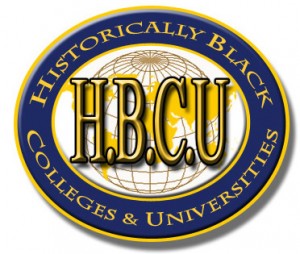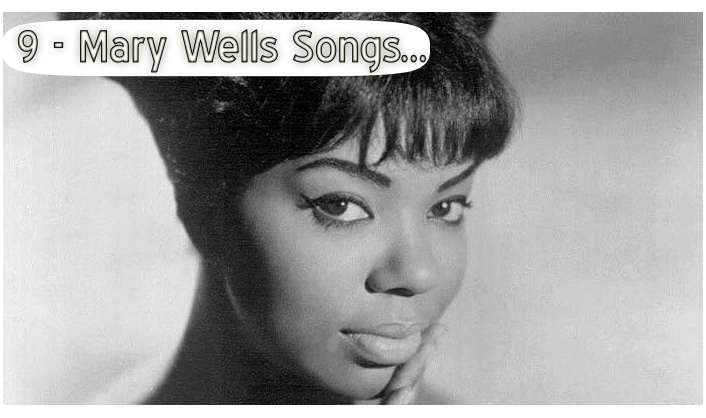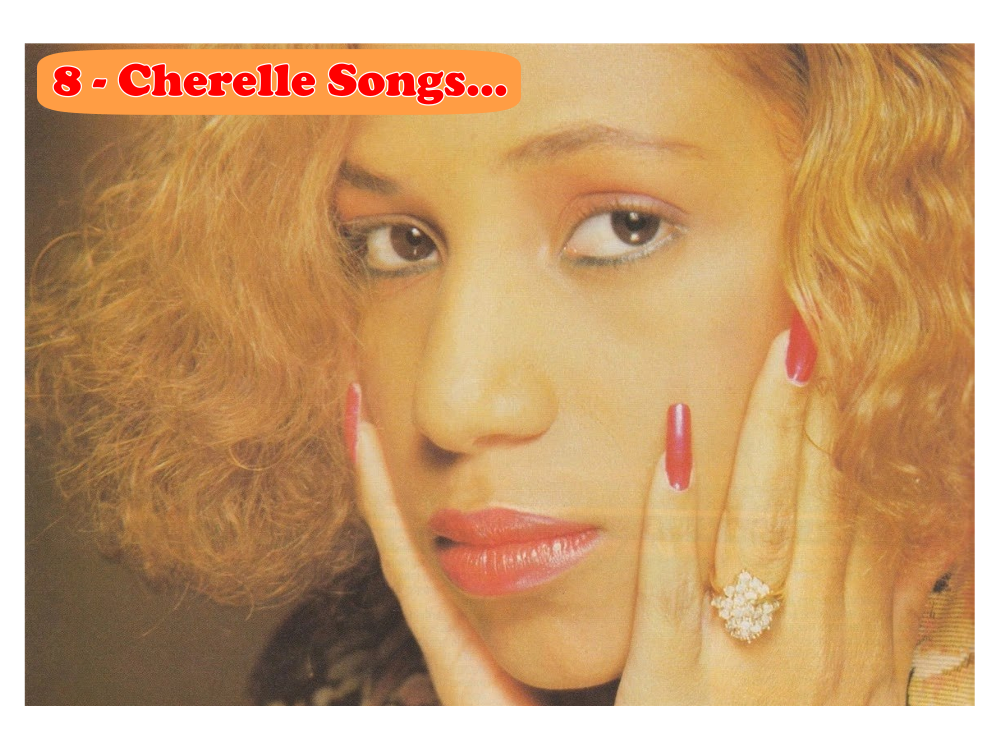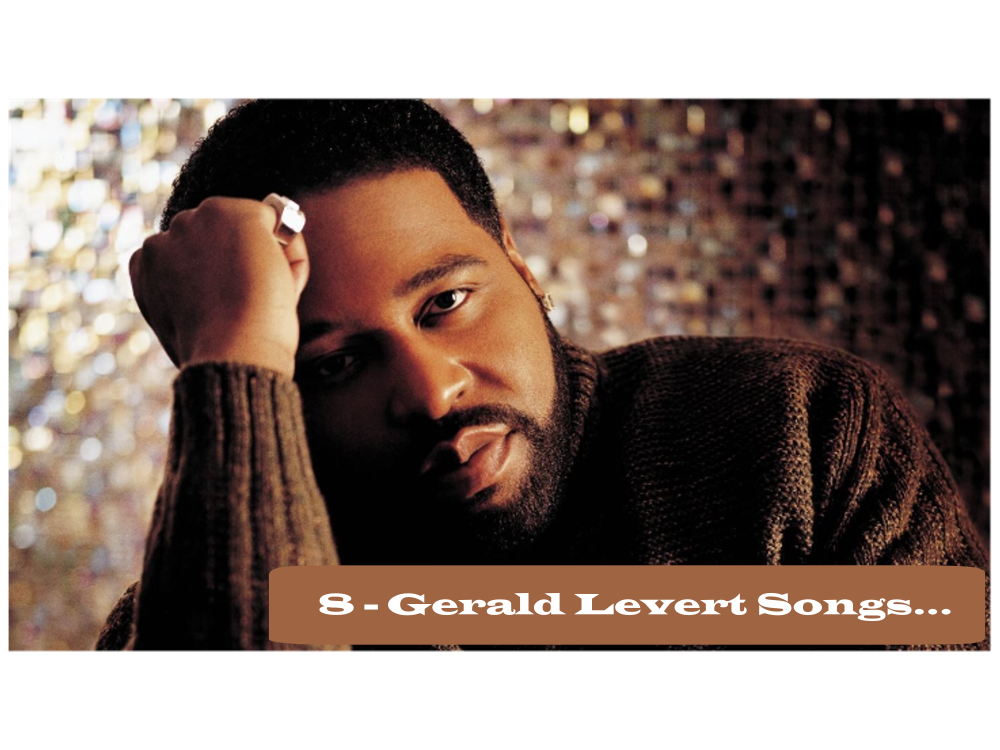(ThyBlackMan.com) There is a growing debate over the relevancy, value and role of historically black colleges and universities (HBCUs) in the 21st century.
Added fuel for this debate, by those who argue HBCUs have outlived their mission and usefulness, is the number of these colleges and universities that  labor under inept leadership and governance, mishandled finances, outdated infrastructure and, most crucial to their threatened demise, declining student enrollment.
labor under inept leadership and governance, mishandled finances, outdated infrastructure and, most crucial to their threatened demise, declining student enrollment.
This is an indisputable and fact-based argument.
Passionate advocates for HBCUs point to them as cultural treasures, shrines of a rich African-American legacy, and to the famous and influential men and women they have graduated. They present moving, but less compelling, reasons that do not address the issues threatening the future of these institutions.
Others claim, and rightly so, that the nurturing and family-like atmosphere found at HBCUs enables first-generation and less-than-confident college students to transition into and succeed in a higher education environment.
But those claims will not quell the discourse by those wielding a litany of hard facts that have accounted for the unfortunate dissolution of some institutions, the crisis facing others and the defensive posturing of those under current scrutiny.
HBCUs and their supporters — those who claim they still are needed and necessary — must bring their own facts to this debate. Those facts should be brought by the leaders of those historically black colleges and universities that successfully are meeting the challenges they face while graduating students prepared to be competitors for graduate schools, in business and industry, and in health and education.
This leadership needs to be constant and on point, and in front of national and international audiences when they present these indisputable facts:
• Sixteen percent of African-Americans in higher education attend HBCUs.
• However, 40 percent of African-Americans with degrees in science, technology, engineering and mathematics graduate from HBCUs.
• Fifty percent of African-American teachers graduate from HBCUs.
• Sixty percent of African-Americans who enter the health profession graduate from HBCUs.
In these areas, vital to our country and maintaining its position in the global marketplace, HBCUs graduate a hugely larger number of African-Americans than majority institutions.
This case must be made by the leaders at those HBCUs, which are results-oriented, transparent in their financial management and with data that documents their success, that HBCUs are invaluable to their communities, state and this country.
Today’s HBCUs cannot be grouped together, given their varying status, and the debate should not be all inclusive. There are outstanding successes, and there are institutions that are struggling. What they have in common, however, is that all the students who attend them, as they have done historically, should have access to good higher education.
The leaders of HBCUs should make the case for the achievements that these institutions are capable of under good governance.
Written By Vivian Glover

















HCBUs are very significant to the black community and MUST be persevered.